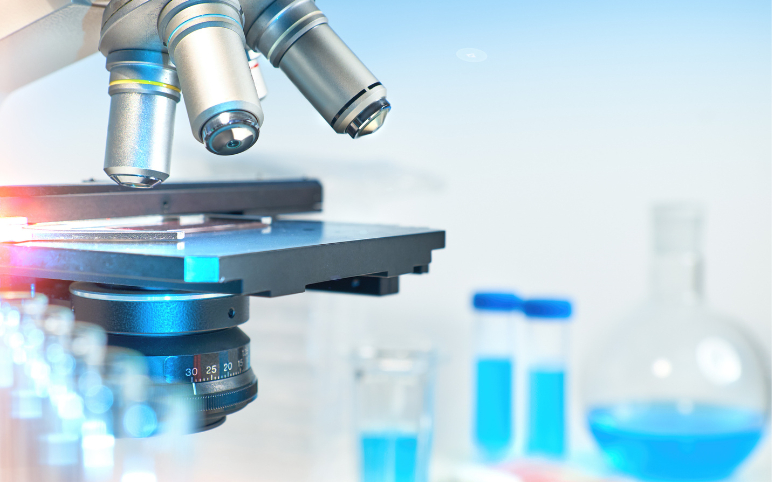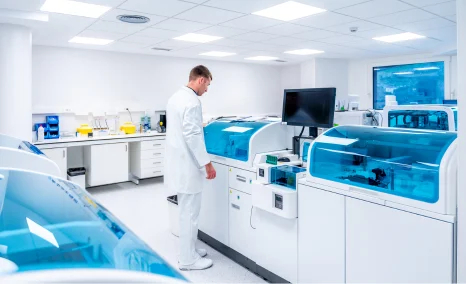New cancer drug tested in mice may benefit certain leukaemia patients
Jun 14, 2017
Almost 6,000 new cases of acute lymphoblastic leukemia, or ALL, are expected to be diagnosed this year in the United States. Up to 30 percent of adult acute lymphoblastic leukemia or ALL patients have Philadelphia chromosome, where two segments of chromosomes have aberrantly fused together. Adult ALL patients often see high relapse rates, and treatment-related deaths remain high. Researchers now report on a study that could provide better therapeutic options for patients. In the Leukemia study, HCI scientists learned how to inhibit and override the negative activity of this chromosome. The findings could possibly lead to future novel drug treatments. The Philadelphia chromosome promotes repair through numerous proteins. But putting together a cocktail of drugs to inhibit them all would likely be too toxic and affect normal cells. So, Srividya Bhaskara, HCI investigator and assistant professor of radiation oncology at the University of Utah, focused on two specific proteins she found directly involved in DNA repair, called histone deacetylases (HDAC) 1 and 2. She has now collaborated with a company to make a drug that inhibits HDAC1,2 activity. The HDAC1,2 inhibitor drug has been tested in patient samples and mice, showing encouraging results, either alone or in combination with a chemotherapy drug called doxorubicin.
To read more, click cancer drug trial.
Downloads
Click Here To Get the Article in PDF
Recent Articles
- FDA Approves Opdivo Qvantig™ for Solid Tumors; Nuvation Bio’s Taletrectinib NDA Accepted for ROS1...
- The Promise of NK Cells: A Novel Approach to Immunotherapy
- FDA grants accelerated approval to pembrolizumab
- Antibody–Drug Conjugates: An Emerging Concept in Cancer Therapy
- Machine Learning Models to Help Predicting Cancer Symptoms, Plan Treatment
Downloads
Article in PDF
Recent Articles
- How HR+/ HER2-Breast Cancer Emerging Drugs Will Transform The Market?
- Mitochondria destruction for Cancer Treatment; Atsena raises USD 55 Million financings; Novartis ...
- What can be the scope of Medical Marijuana?
- Golcadomide and Rituximab Combo Unveils Promising Efficacy in Heavily Pretreated Relapsed/Refract...
- Identity Crises Faced by a Venerable Brain-Cancer Cell Line




